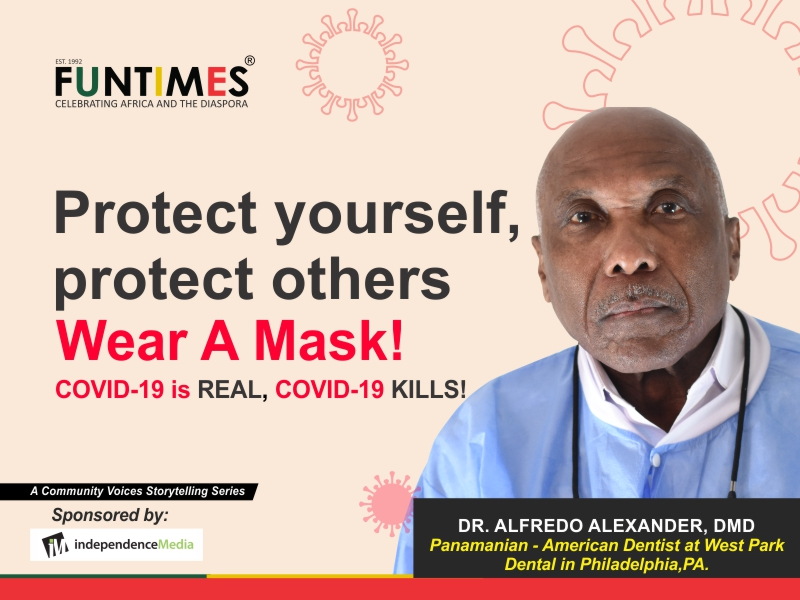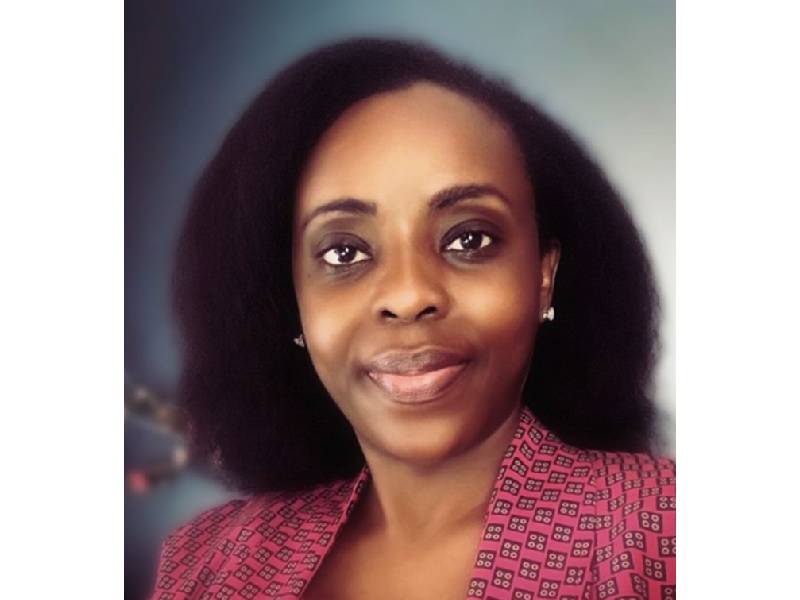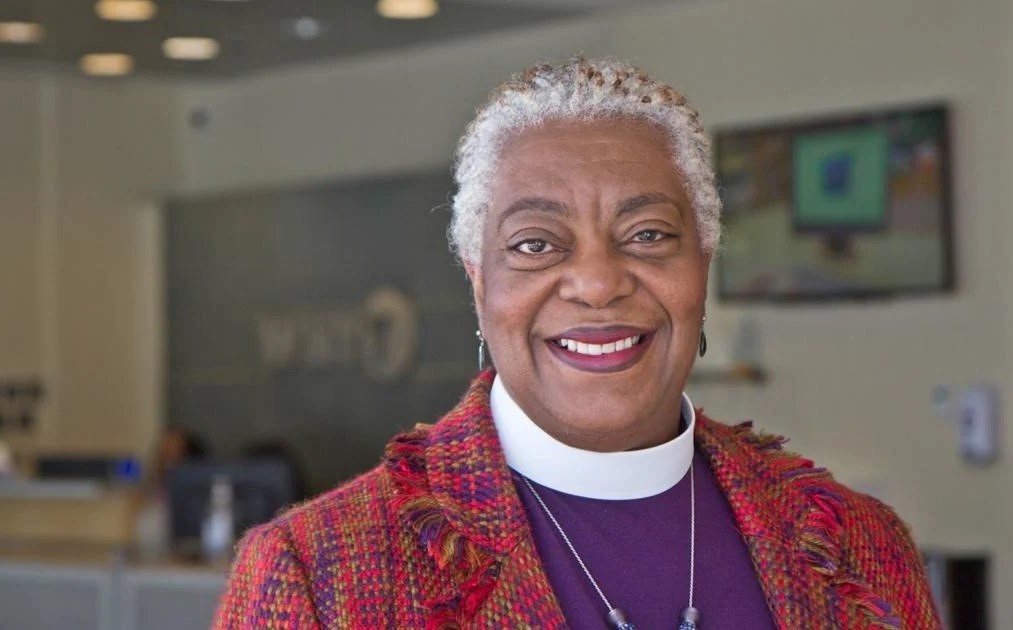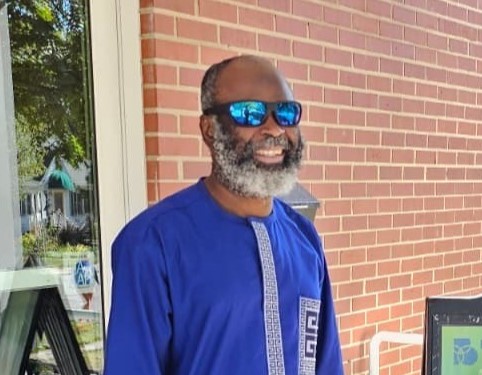The people of the African diaspora come in many forms. When non-North American diasporans immigrate to the US, they are automatically grouped in with others who look like them, regardless of their different cultural background. This means many sub-groups of the diaspora live double lives. To America, they are simply Black or assumed to be African-American. To their friends and family, they are children of their culture, whether that be Haitian, Dominican, or otherwise. Dr. Alfredo Alexander, a Panamanian-American dentist in Philadelphia, came to the US when he was a teenager. Because of his brown skin, he assimilated into American society as an African-American. However, through his character and perseverance, Dr. Alexander has maintained the essence of his culture and individuality, while fulfilling his goal of obtaining the American dream, which he continues to do while battling against COVID-19.
Dr. Alexander was awarded the Purple Heart medal for his service in the Vietnam War. Now he serves Philadelphia’s community members through his business, West Park Dental. When explaining the trials he experienced during the beginning of the pandemic, and how he addressed challenges to stop the spread, Dr. Alexander says:
“We initially closed the office for some time. When it was time to open back up, it was difficult to get PPP equipment. Things that would be effective against the virus went out of stock very fast, and because it was in high demand, it was more expensive. People were capitalizing on the hardship. Some patients, especially older people, were scared to come in. Sometimes we had to have people wait outside or in a socially distanced space before seeing them. We also took temperatures, asked questions about sicknesses and put a sign outside for people to wear masks.”

Business has resumed this year for Dr. Alexander. When he had to close his office, the government stepped in to help cushion his business: “We got some aid from the government from the time we were shut down. They sent PPP money to cover a couple of months to pay our employees when we had to close down.” Dr. Alexander continues, “This year started off pretty good. More people are coming in, and some are people who have gotten sick and have recovered. So far so good, because now people are getting vaccinated.”
Historians estimate that over 50% of the country is mixed with African blood. However, in 2015, a national census recorded that only 15% of Panamanians self-identified as Afro-Panamanian. Dr. Alexander describes race relations in Panama, and the difference between racism in Panama and racism in the United States: “When you are Black in America, they don’t care if you are from Panama or Africa, they still look at Black in a negative way. Even in Panama there is discrimination. There are white people there too, they just speak Spanish. There are also others that are more fair and mixed with Indian, with straighter hair. In America the discrimination is institutionalized. Spaniards are seemingly more open to other people of color than White Americans. In Latin America you don’t have Klu Klux Klan and stuff. It’s a reality here.”
Dr. Alexander says he was able to fulfill his potential as an immigrant despite prejudices and racism in America:
“I made a big stride coming from where I was. I grew up poor, and was able to come to America and do the things that led me to a better life. I was able to fulfill the American dream. I was a hustler. I always made sure to inquire about things that I needed to move to the next level.”
This bilingual University of Pennsylvania graduate advises immigrants who are struggling during this time to ask for help: “Just be aggressive. Never be too proud. If you don’t know, the wisest thing is to ask somebody who knows so you can take the steps you need. Even though you may be of a dark race, don’t rest on that and don’t let that hold you back. Be confident in yourself and that’s it.”
As a decorated veteran and senior citizen, Dr. Alexander was one of the first demographics to receive the COVID-19 vaccination, and stands strong at this stage of his journey. His strength is a testament to the validity of the belief that where there is a will, there is a way. We thank him for his bravery and relentless contributions to society.

This article has been made possible by the Independence Public Media Foundation.

Citations
https://minorityrights.org/minorities/afro-panamanians
https://www.refworld.org/docid/49749cd02.html
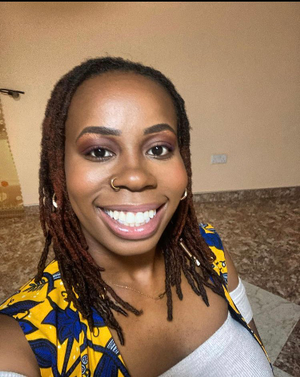
Nana Ama Addo is a writer, multimedia strategist, film director, and storytelling artist. She graduated with a BA in Africana Studies from the College of Wooster, and has studied at the University of Ghana and Kwame Nkrumah University of Science and Technology. Visit her storytelling brand at www.asieduasimprint.blog, and connect with her creative agency on Instagram: @chitheagency.

